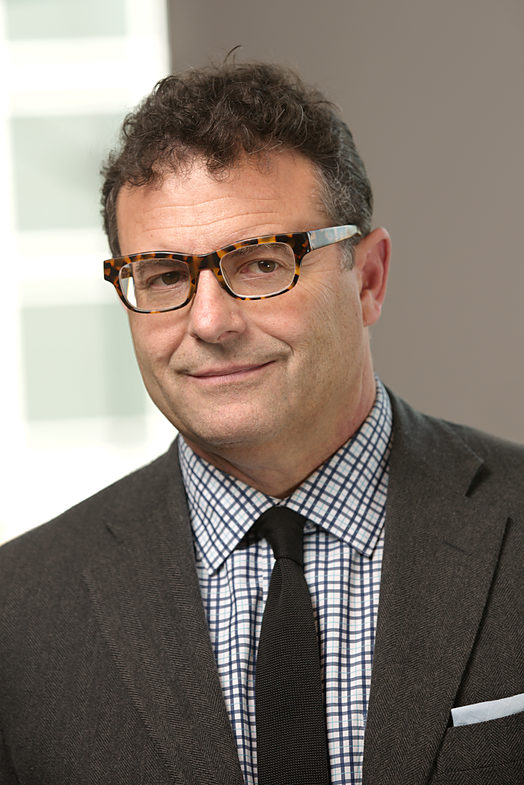Senior fellow and director of the Center for Monetary and Financial Alternatives at the Cato Institute
George Selgin is a senior fellow and director of the Center for Monetary and Financial Alternatives at the Cato Institute and Professor Emeritus of Economics at the University of Georgia. His research covers a broad range of topics within the field of monetary economics, including monetary history, macroeconomic theory, and the history of monetary thought. He is the author of The Theory of Free Banking (Rowman & Littlefield, 1988); Bank Deregulation and Monetary Order (Routledge, 1996); Less Than Zero: The Case for a Falling Price Level in a Growing Economy (The Institute of Economic Affairs, 1997); and, most recently, Good Money: Birmingham Button Makers, the Royal Mint, and the Beginnings of Modern Coinage (University of Michigan Press, 2008). Selgin is one of the founders, along with Kevin Dowd and Lawrence H. White, of the Modern Free Banking School, which draws its inspiration from the writings of F. A. Hayek on denationalization of money and choice in currency. Selgin has written for numerous scholarly journals, including the British Numismatic Journal; the Economic Journal; the Economic History Review; the Journal of Economic Literature; and the Journal of Money, Credit, and Banking; and for popular outlets such as the Christian Science Monitor, the Financial Times, and the Wall Street Journal, among others. Selgin retired from the University of Georgia to join Cato in September 2014. He has also taught at George Mason University, the University of Hong Kong, and West Virginia University. He holds a BA in economics and zoology from Drew University, and a PhD in economics from New York University.
